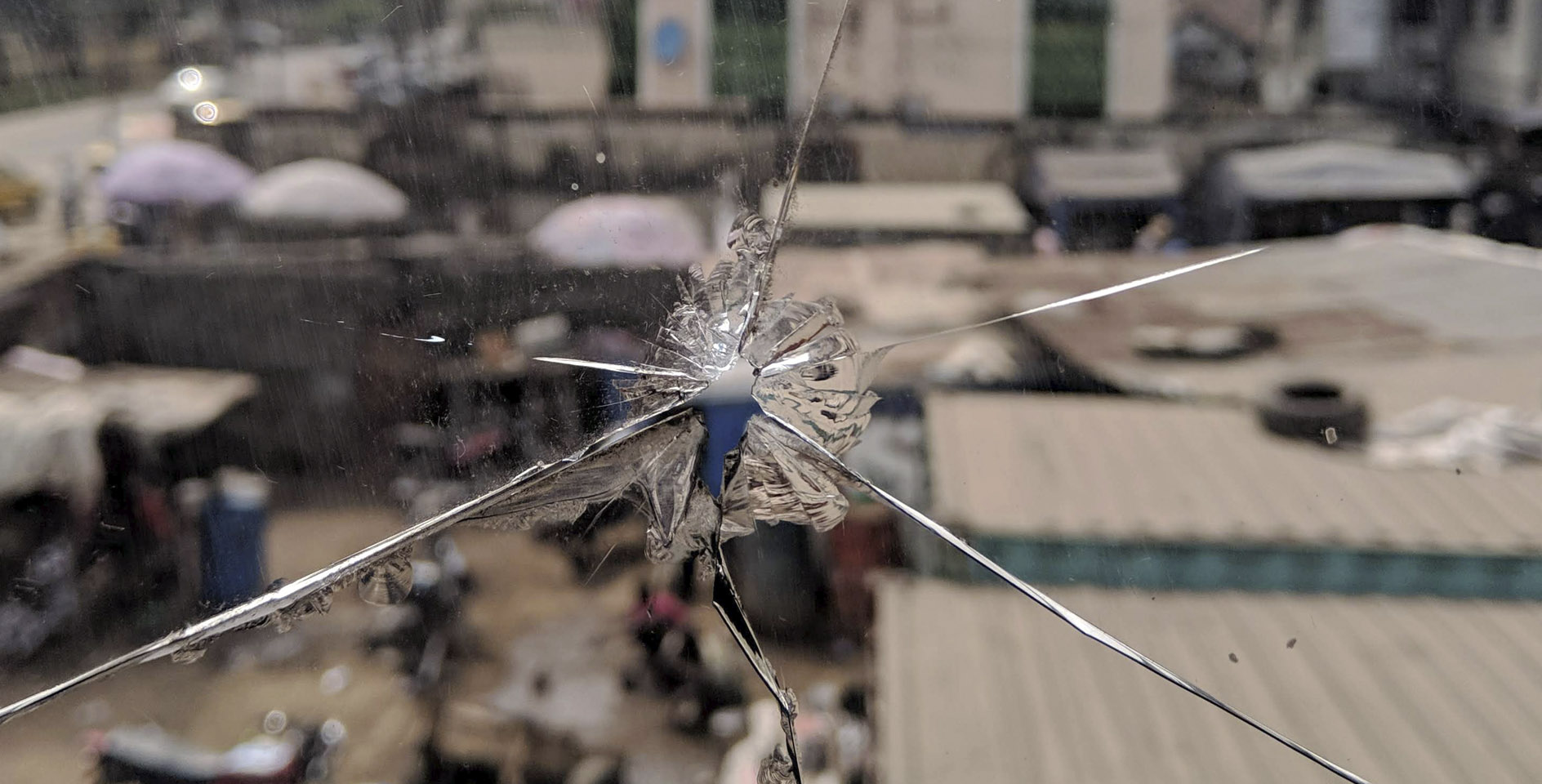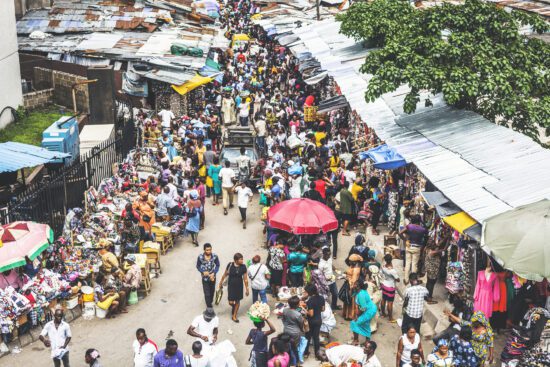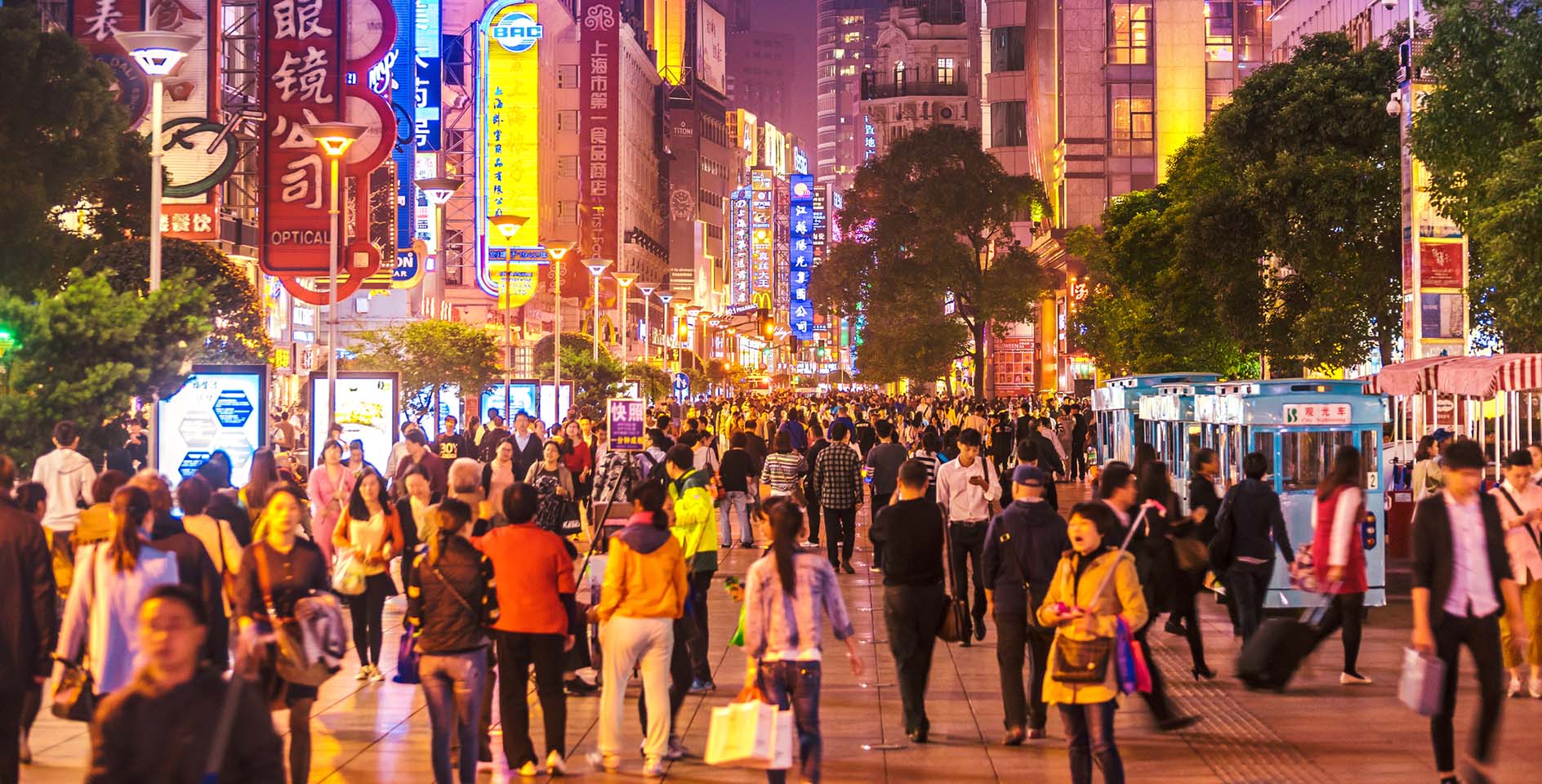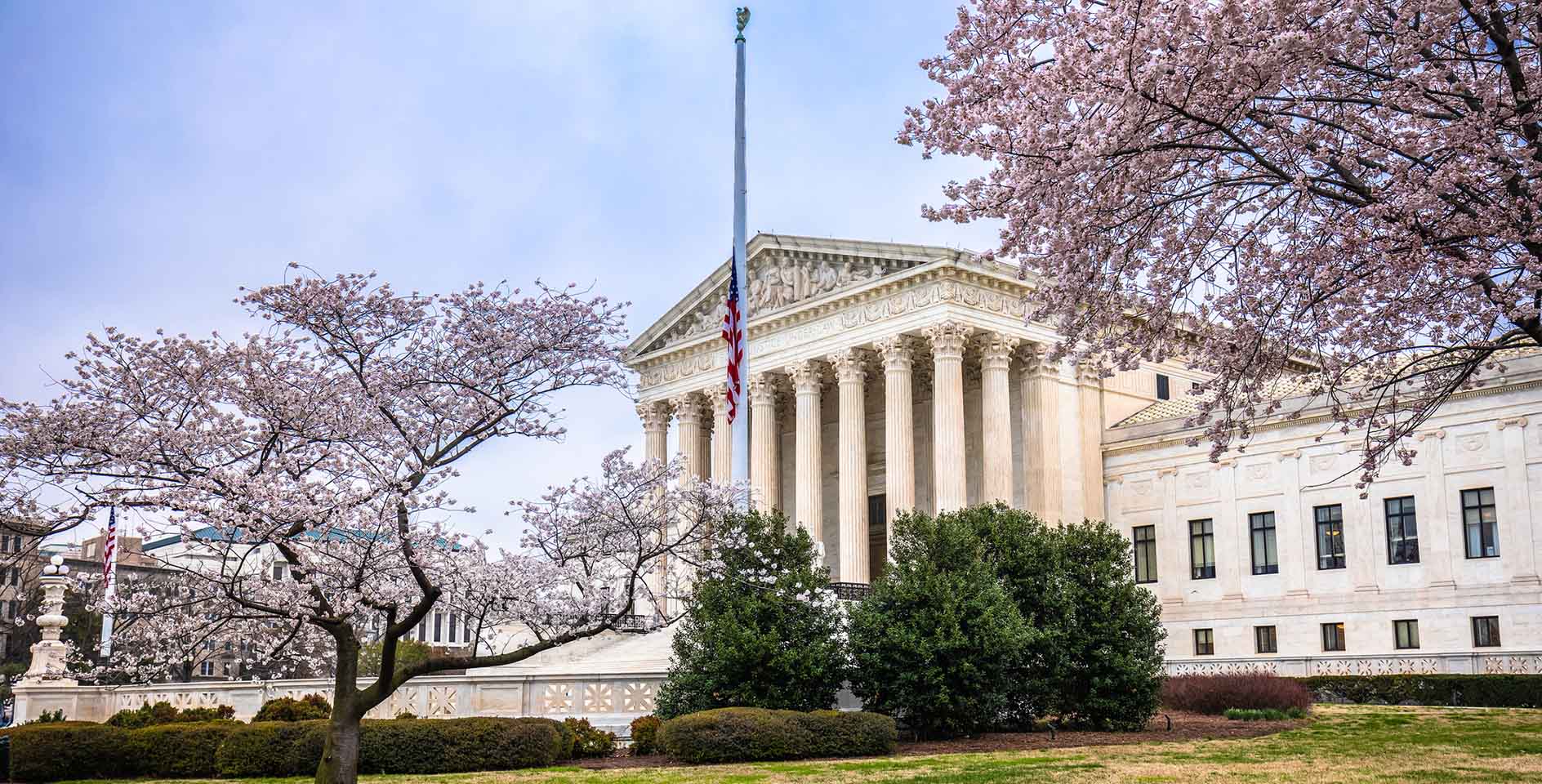Since February, the persecution of Nigerian Christians continues as more than 250 Christians have been murdered in the country by either militant Fulani herdsmen or the Islamic terrorist group, Boko Haram. In both cases, the Nigerian government has been negligent in seeking to curtail the violence and bring the perpetrators to justice.
Fulani herdsmen are nomadic people who principally raise livestock. According to several reports, militant Fulani herders are attacking Christians farmers in what is known as Nigeria’s Middle Belt, a belt region in Nigeria that essentially separates the predominantly Muslim, northern region of Nigeria from the predominantly Christian, southern region of the country. As the Fulani herders encroach upon the farmers’ land, conflict occurs between the groups due to the scarcity of resources. Initially, the conflicts were considered “communal conflicts,” but the organization of the attacks by the Fulani herdsmen has pressed the conflict beyond land grabbing. Since 2016, some estimate that militant Fulani herders have killed more than 500 Christians in Nigeria.
In addition to the attacks from the Fulani herders, Nigerian Christians are also facing major persecution from Boko Haram, an Islamic terrorist group based in Northeast Nigeria. Since 2016, different international authorities have been claiming that Boko Haram was defeated. Sadly, while the terrorist group has been weakened, they are still active in several regions of Africa. In particular, they have been active in Nigeria in the last two months, targeting Christians in the Middle Belt.
Christians in the Middle Belt region, thus, are being attacked from both sides. As our Nigerian brothers and sisters in Christ face persecution, Christians must remember that though we are separated by thousands of miles, we are still all members of the Body of Christ. Nigerian Christians confess the same Lord, faith, and baptism. When one part of the Body of Christ suffers, we should take notice and intercede on their behalf before God. Here are a few ways that we can pray for our Nigerian brothers and sisters in Christ:
- We should pray for the Nigerian government to respond appropriately. Romans 13:1-7 teaches us that governments should bear the sword and punish evildoers. In this case, the Nigerian government should seek to preserve the freedom of the Christians in the Middle Belt and punish the militant Fulani and Boko Haram terrorist who are persecuting Christians. Furthermore, we should pray for effective humanitarian efforts that aim to alleviate the pressure that results from the scarcity of resources in the Middle Belt region.
- We should pray for Nigerian Christians to remain steadfast and immovable in their obedience to Christ. While suffering is never pleasant, God’s Word is clear: when Christians suffering unjustly for doing what is right and refusing to do evil, God often uses it to advance His Kingdom through the Gospel of Jesus Christ (1 Peter 3:8-17)
- Finally, we should pray for the militant Fulani herdsmen and Boko Haram terrorists to come to a saving knowledge of Jesus Christ. While many in the world would look at this prayer as misguided, wishful thinking, we must remember that Christ saved the apostle Paul while he was breathing threats against the church. While the Nigerian government might be negligent in its care of its citizens and the oppressors from the Fulani herdsmen and Boko Haram might seem to be gaining the upper hand, make no mistake about it: there is only one sovereign King in this world, and He has a reputation of saving rebels who aim to destroy His church.
May our brothers and sisters in Nigeria know that their brethren in the US and abroad are praying for them. May they remember that nothing can separate them from the love of God in Christ Jesus. Moreover, may we behold their faithfulness as they face the threat of death, knowing that to live is Christ, and to die is gain (Phil. 1:21).










